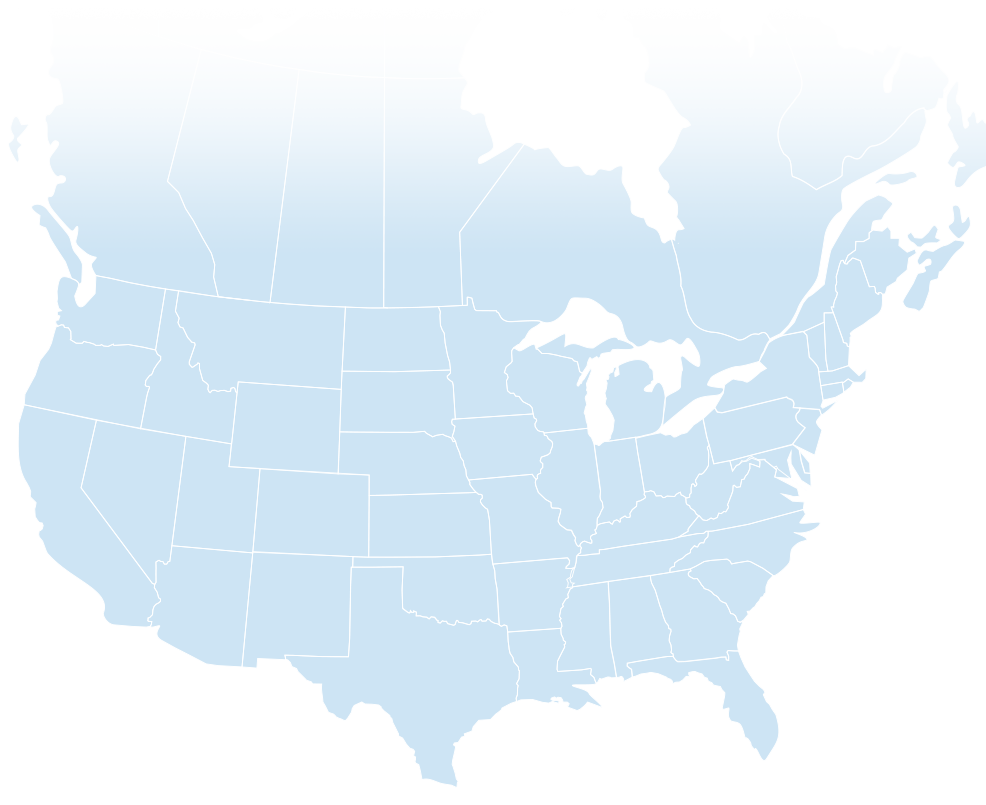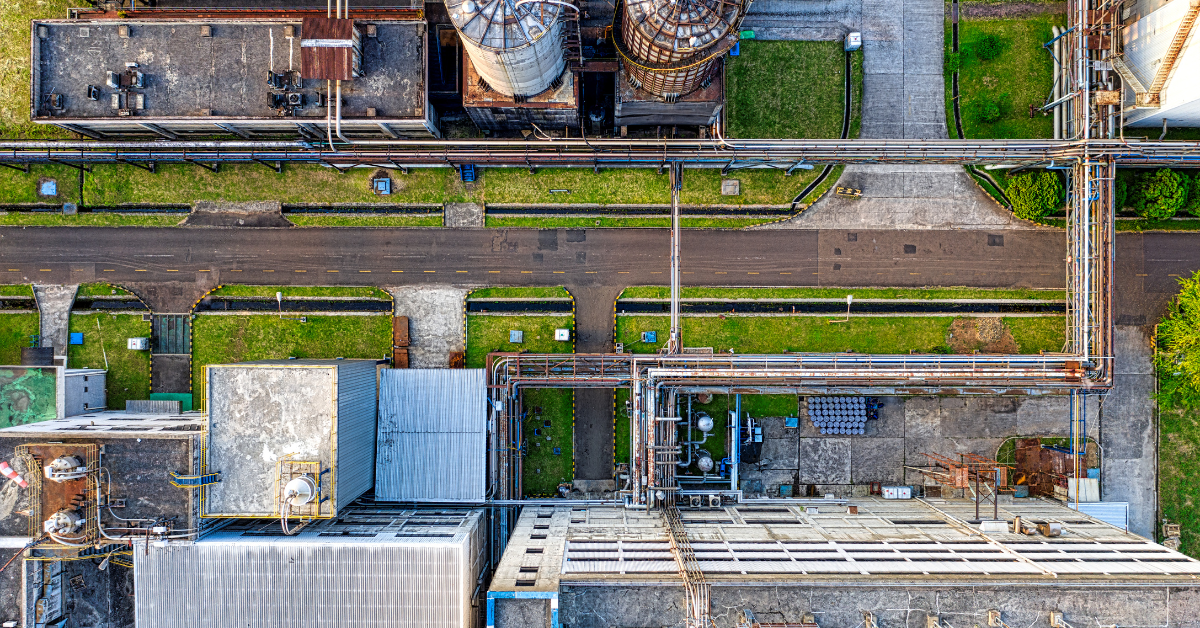Hurricane Florence – which is just hours away from making landfall on the Carolina coast as we write this – is predicted to bring winds of at least 75 mph to more than 15,000 square miles of the eastern United States. That means power outages for potentially millions of customers, plus widespread inundation with up to 40 inches of rain. Events like this and the estimated 200 billion of damage in the U.S. from 2017’s storm season highlight how critical disaster recovery planning is. In the event of a disaster or major power disruption, how well protected are your data and your IT infrastructure?
You need a disaster recovery (DR) plan in place to ensure business continuity. It’s that simple.
Plan for the Unexpected
Whether you need to create a brand-new DR plan or revise an existing one, it should be personalized and comprehensive. It should be created in context of your business continuity plan and include recovery strategies. Here’s where you can start:
- Identify critical applications and vulnerabilities. Determine what services and systems support critical business activity.
- Double-check data backup. Where is your data? Is it properly backed up in a second location?
- Establish recovery objectives and timelines. If something happens, how long do you have to restore systems before unacceptable consequences occur?
- Determine incident-response protocols. Which staff members will be in charge and what steps need to happen first?
Without a DR plan, you’ll waste time figuring out what to do instead of recovering. And if your data is stored off – site – in the cloud or connected to a private network – you need to consider what those sites and services offer to help with your DR efforts.
Colocation for Disaster Recovery
Data center location, infrastructure, amenities, and customer support are vital factors when determining where to house mission-critical IT equipment. With the right partnership, you can rest assured that your network, servers, and stored data are safe. You’ll still have control, but you’ll also have the peace of mind that comes with knowing your data is in a secure secondary location.
Strategic location: If your primary data center in South Carolina is underwater, having built-in redundancy with a colocation data center in Minneapolis, Dallas, or Columbus could mean the difference between long outages and seamless business continuity.
Physically secure infrastructure: Your colocation facility should be equipped with an array of protections against natural disasters. That’s why every Cologix data center features generators, uninterruptible power systems, and advanced fire-protection measures, and some of our facilities (such as those in Lakeland and Jacksonville, Florida) can withstand winds of 170+ mph, can stop a 200 MPH projectile, and are placed 20 stories above sea level.
Amenities: On-site, dedicated disaster-recovery work space is a huge help. For example, select Cologix data centers offer conference rooms, fitness and lounge areas, showers, coffee, snacks, and Wi-Fi for disaster recovery – or everyday use.
Direct access to customer support: This is big. When something hits your data center, you want to get connected to someone quickly. Local technicians are on staff and available 24x7x365.
As you regroup post – Florence or breathe a sigh of relief that you weren’t directly affected this time, take this opportunity to assess your disaster recovery planning and make any needed changes. And if you’d like help, get in touch. Cologix can assist you in identifying your critical applications and vulnerabilities and create a personalized colocation center disaster recovery plan for your business.













